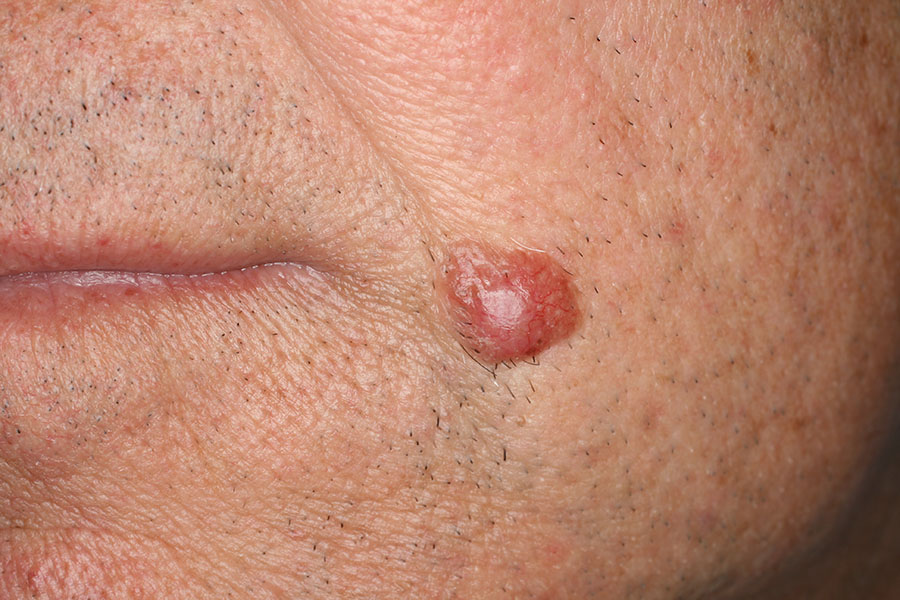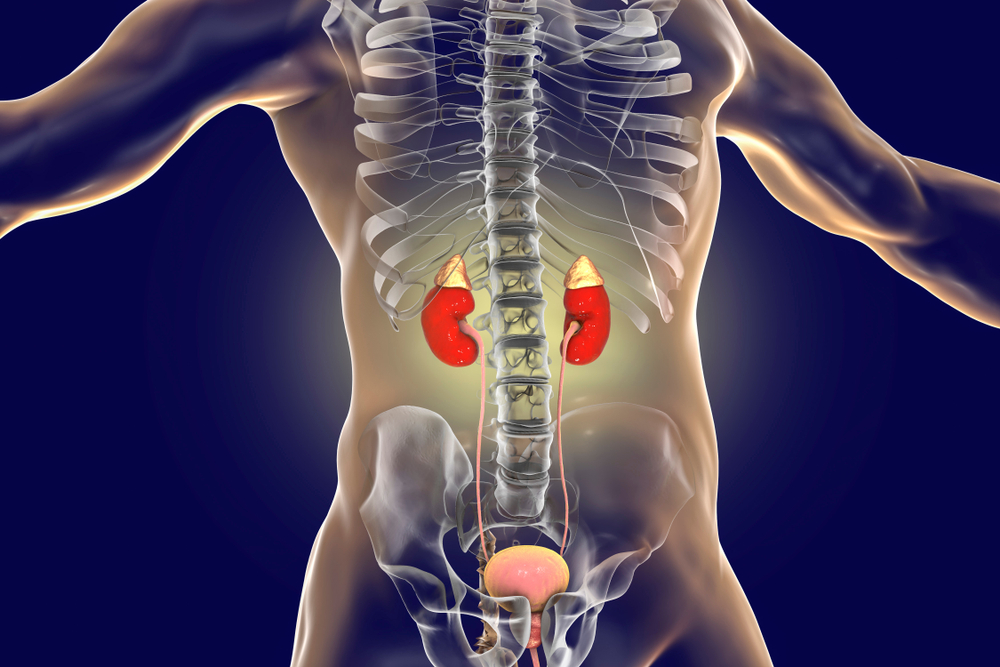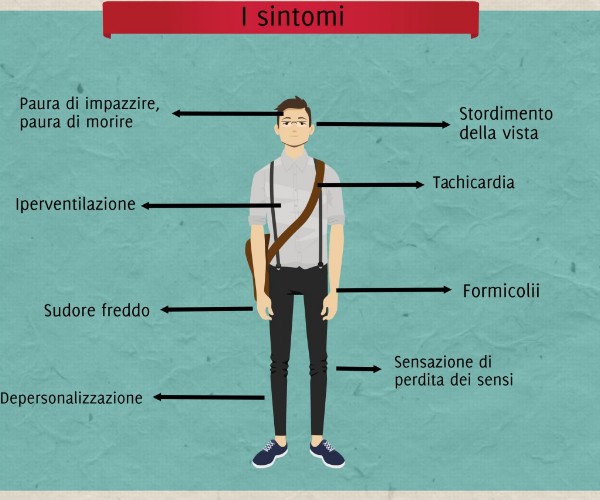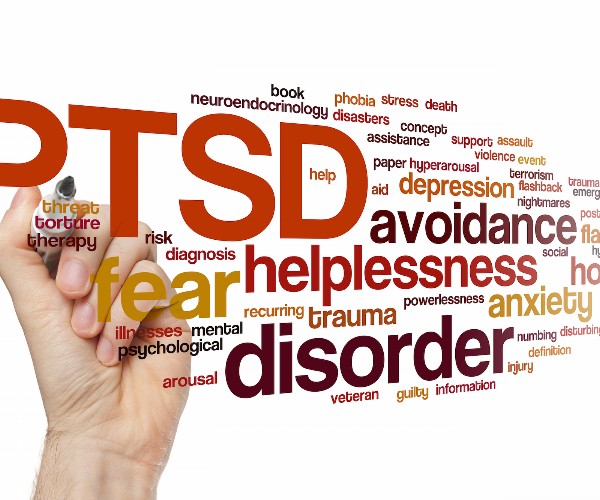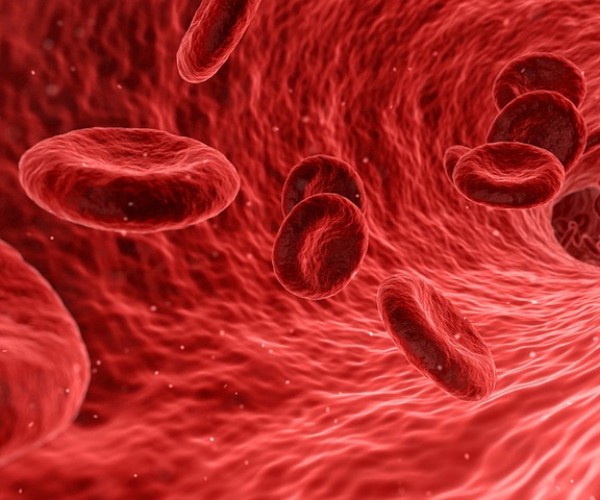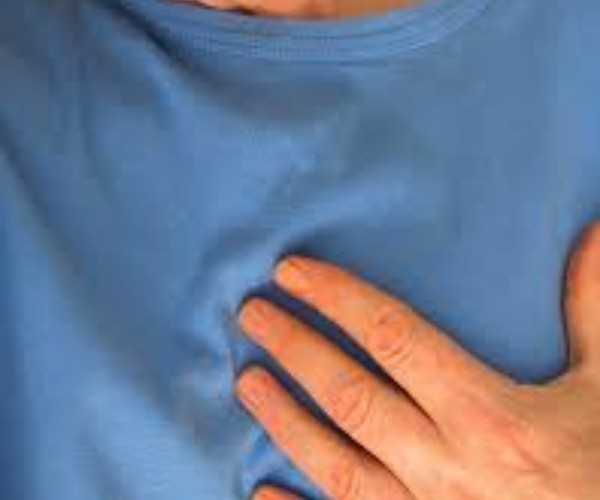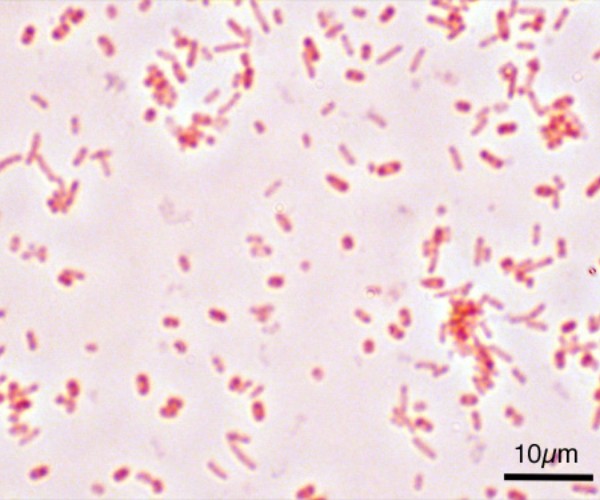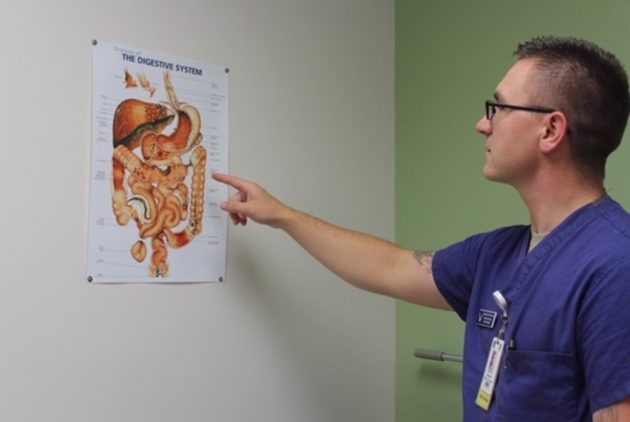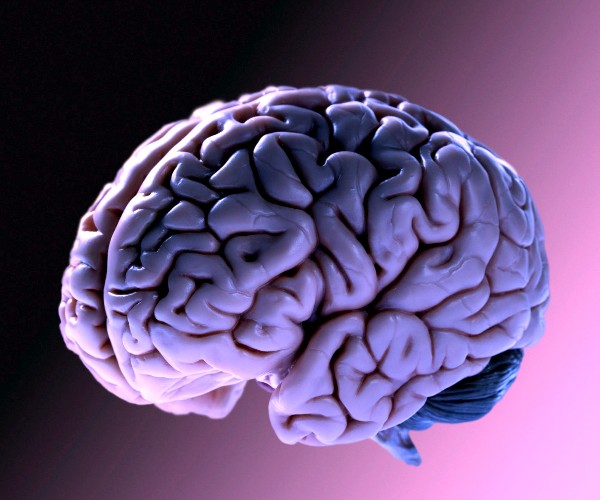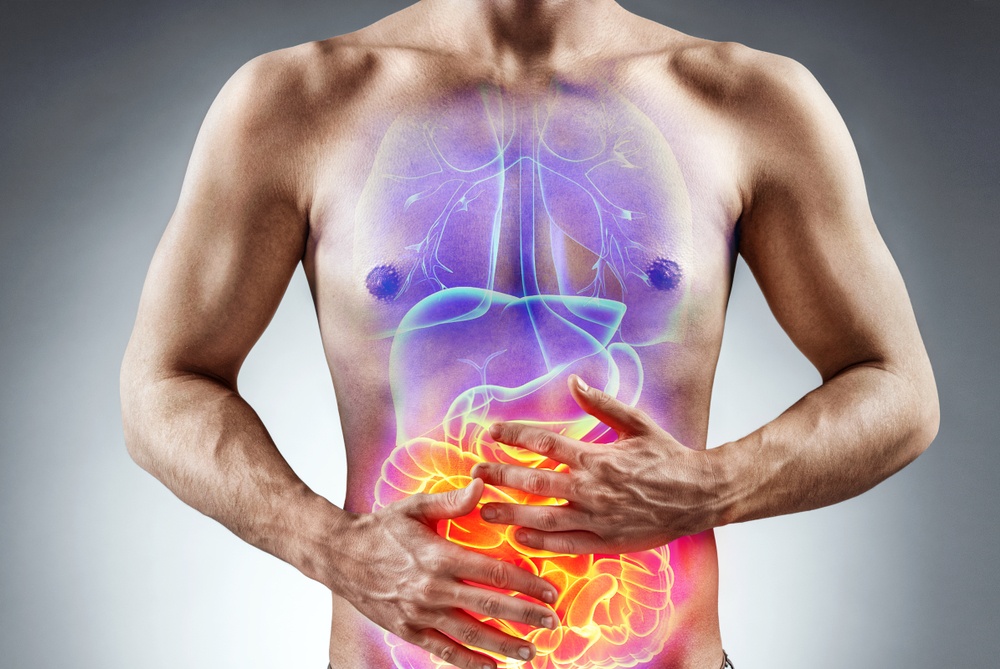There are many alcoholic beverages that can fit into the drinking habits of so many people, wine and beer in their different characteristics, aperitifs, cocktails, and then spirits such as whiskey, cognac, brandy, and so on.
Consumed before, during or after meals, all of these alcoholic beverages are capable of acting immediately on the various systems and apparatuses of thehuman body, then affecting complex mechanisms such as metabolism, blood circulation, brain and physiological functions, sometimes bringing significant damage that appears gradually.
How many times, at a meal with friends, do people spin the wine bottle to refill their glasses several times to make many toasts, which involve a quick drink while just as quickly the next glass is ready.
A few seconds after taking the first few sips, the alcohol immediately goes into the bloodstream, reaching the brain, where it goes to perform a neurochemical conditioning slowing down the transmission of messages sent to the body from brain cells and causing changes in mood, walking that becomes less coordinated, in some cases with loss of balance and slowed reflexes.
It happens that a general state of confusion is generated with slow, blurred thoughts and reduced memory capacity such as when trying to remember a name, a fact from a few days before or a phone number.
There is no doubt that an attitude of moderation and caution should prevail in the consumption of alcoholic beverages, since moderate consumption, such as a glass of wine with a meal, or a flut of champagne for a toast, is one thing, and freewheeling drinking one glass after another is another.
The moderate drinker does not cross the imaginary line that separates the state of lucidity and prudence from that of confusion and risk. Even a moderate drinker can lose habitual control and risk addiction.
It is important for everyone to know the pitfalls of alcohol, to be informed about its effects on human health.
Fiction, film, and entertainment often take their cues from avid drinking characters by focusing on their quirks or drunken speech, and somehow, as is the case in the world of fiction, downplaying a serious problem such as the immoderate use of alcoholic beverages.
But in practical terms what does it mean to take a hangover?
It means waking up in the morning with a slurred mouth, a heavy and sometimes sore head, somewhat blurred vision, a stomach disturbed by nausea due to excess acid buildup, a general exhaustion, sometimes accompanied by tremors, and in many cases an altered heart rate.
If the habit of drinking alcoholic beverages is long-established, the habitual drinker may experience a slowdown in the ability to think and act, to coordinate movements, or to remember clearly even recently occurring events. Also from the anatomical point of view it happens that The brain goes gradually decreasing in volume as an effect of the shrinkage of individual cells.
Alcohol alters body temperature, raisesacidity in the gastric environment irritating the mucosa and also sometimes promoting, under conditions of an alcohol/acidity mix, sudden episodes of nausea and vomiting, often accompanied by the damage to the gastric mucosa caused by the wear and tear action of alcohol, with heartburn and ulcerative lesions, intestinal damage by reduced motility and decreased food transient times, and the recurrence of diarrheal phenomena. And again inappetence, in the regular drinker, caused by strong acidity, and subsequent malnutrition due to insufficient nutrition.
Also theurinary system. responds to the alcohol action with irritation, with a continuous urge to urinate, which in some cases can result in dehydration, and to kidney damage due to the overwork to which the kidneys are subjected.
But the action of alcohol does not stop here , it rather continues to expand to other organs, such as the liver, a veritable alcohol disposal workshop, which must constantly provide for the processing of alcohol with demanding work, which can wear down the organ, damage the cells, by the accumulation of fibrous tissue, resulting in “hepatic steatosis” o “fatty liver“, a condition that over time can weaken the organ and its cells, which, unable to be sufficiently supplied with blood, can die out, giving way to scarring in the liver parenchyma and paving the way for cirrhosis, a disease in which the liver stops functioning.
The action of alcohol on the pancreas is no less , as this organ that performs the delicate function of producing chemicals such as insulin and others useful in regulating gastric and intestinal functions. When alcohol consumption becomes excessive, the pancreas may become inflamed and fail to carry out its production of the substances useful for the various functions of the digestive system , retaining them within it. This results in a number of disorders or diseases such as diabetes, induced by insulin insufficiency, or as disorders in the gut that loses its function of sorting and breaking down food, not to mention that inflammation of the pancreas can promote the onset of cancer.
Even the heart may prove to be a victim of significant alcohol consumption, due to a gradual alteration of the cardiac muscles that do not allow, once changed, sufficient blood pumping, which over time wears down the heart, changes body temperature, and causes an increase in stress hormones in the blood that contribute to a gradual cardiovascular deterioration.
An immune system more fragile is another of the consequences of alcohol, which turns out to be a powerful inhibitor of the production of white blood cells that serve to carry out an adequate immune defense, so much so that it is possible, after each large drink, to have to deal even with some more or less severe germ infection or even a simple cold.
The sexual sphere also comes off badly from the action of alcohol, which inhibits libido and affects the proper hormonal balance. Alcohol also has a significant effect on nighttime sleep with insufficient quality of rest, since the body will have to process and dispose of alcohol during the very hours of sleep. However, persistent alcohol-induced drowsiness can also occur during daylight hours, which can turn into severe conditioning in the performance of work, travel and daily routines. One can fall asleep very easily and suddenly, exposing oneself and others to the risk of accident or injury.








